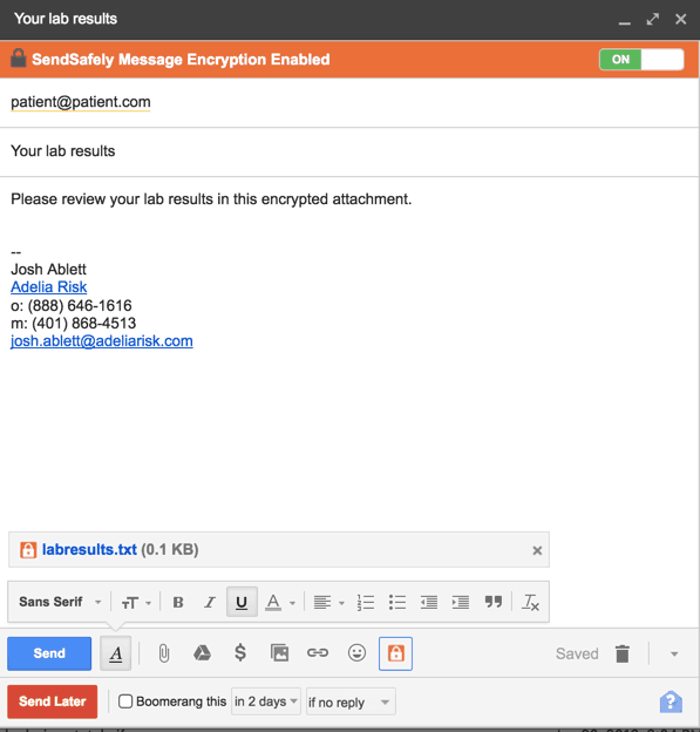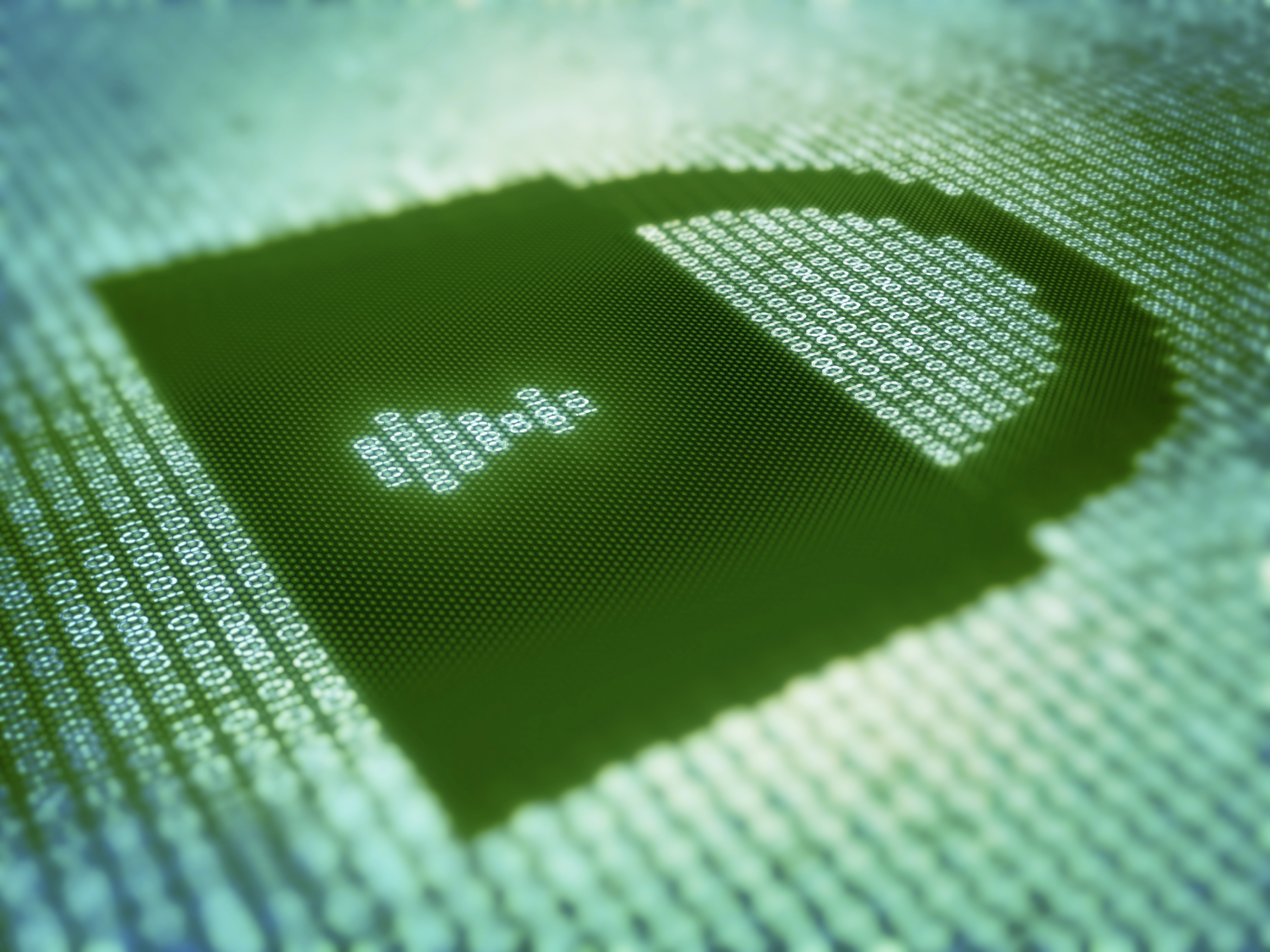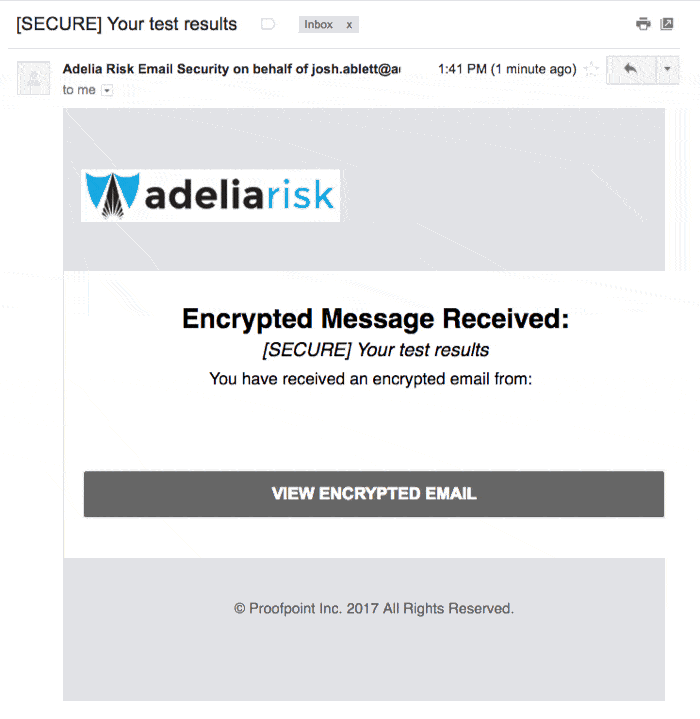Encryption Software For Hipaa

March 20, 2015 - Health data encryption is becoming an increasingly important issue, especially in the wake of large scale data breaches like. The HIPAA Omnibus Rule improved patient privacy protections, gave individuals new rights to their health information, and strengthened the government’s ability to enforce the law. However, health data encryption is considered an “addressable” aspect rather than a “required” part of HIPAA.With close to 90 million Americans potentially having their personally identifiable information exposed in the last few months alone, including PHI in some cases, more people are wondering if enough is being done to keep that data safe. Should health data encryption be required? What exactly determines if an entity incorporated encryption methods into its privacy and security measures?We’ll take a closer look at what health data encryption is, why it’s beneficial, and how covered entities are currently required to use it.What is health data encryption?Health data encryption is when a covered entity converts the original form of the information into encoded text.
Essentially, the health data is then unreadable unless an individual has the necessary key or code to decrypt it. This is a good way for electronic PHI (ePHI) to remain secure and ensure that unauthorized individuals are not able to “translate” the data for their own use.In relation to the HIPAA Privacy Rule and the HIPAA Security Rule, data encryption is a method to protect PHI.
In particular, the Security Rule was designed to protect all data that “a covered entity creates, receives, maintains or transmits in electronic form,” (HHS) site.Why would it be beneficial?Theft of healthcare data breaches, including incidents that involve PHI. If a laptop or smartphone falls into the wrong hands, that individual could potentially cause major damage to patients if he or she had access to medical information or financial information. However, if that unauthorized user was unable to read the information on the devices, then some issues could potentially be avoided.Health data encryption could be an important step in the privacy and security process.
HIPAA Encryption Requirements. The HIPAA encryption requirements have, for some, been a source of confusion. The reason for this is the technical safeguards relating to the encryption of Protected Health Information (PHI) are defined as “addressable” requirements.
However, by itself, it will not be enough. For example, strong malware could break through a covered entity’s database security. From there, cyber attackers could get access to sensitive information, including PHI. Or, if an employee’s login credentials was stolen, an unauthorized user could gain access that way. In either of those examples, it would not necessarily matter if the health data was encrypted or not.It is also important to consider if data is being encrypted at rest or in motion. For example, using a virtual private network (VPN) or a secure browser connection can be helpful for protecting data in motion.
Encryption Software For Hipaa Compliance
Or, using Transport Layer Security (TLS) could also work in this situation. This is a protocol ensuring there are mechanisms in place to protect and provide authentication, confidentiality and integrity of sensitive data during electronic communication.Overall, a covered entity needs to ensure that it has comprehensive technical safeguards – that may include data encryption – along with strong administrative safeguards and physical safeguards.
One of those measures by itself will not be enough. Health data encryption could be a beneficial addition to a security program, but it would need to be working with other protection measures.Is data encryption required?According to HIPAA, encrypting health data is “addressable” rather than “required.” However, this does not mean that covered entities can simply ignore health data encryption.

Instead, healthcare organizations must determine which privacy and security measures will benefit its workflow.“it permits covered entities to determine whether the addressable implementation specification is reasonable and appropriate for that covered entity,” according to HHS.

Compliance software for PCI, GDPR, HIPAA Omnibus/HITECH and FIPS 140-2Understanding compliance is critical to creating stronger, more comprehensive data security plans for every organization. As government regulations change, understanding the new legal and financial ramifications can be a cumbersome and expensive process.
Hipaa Data Encryption Requirement
As organizations work toward staying current with the latest trends, compliance and data security cannot be overlooked.NetLib Security’s data security platform simplifies the process and takes the guesswork out of meeting the ever-changing compliance paradigm.